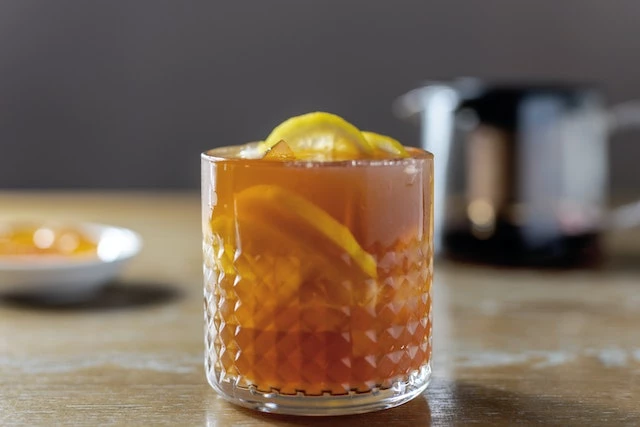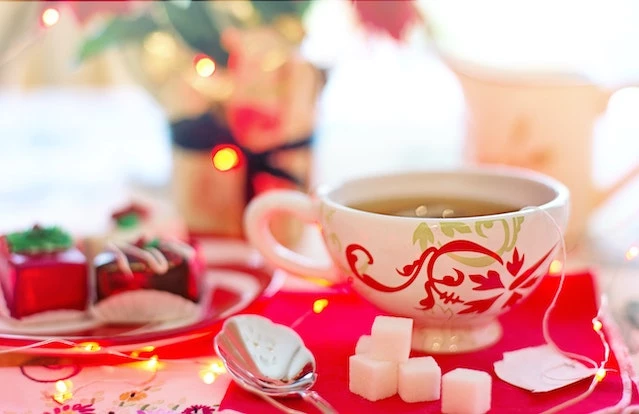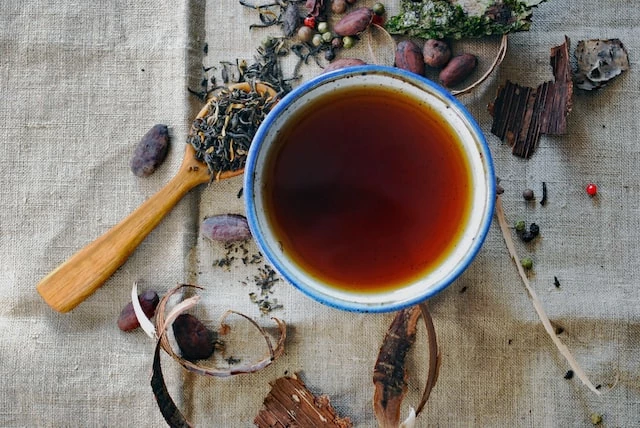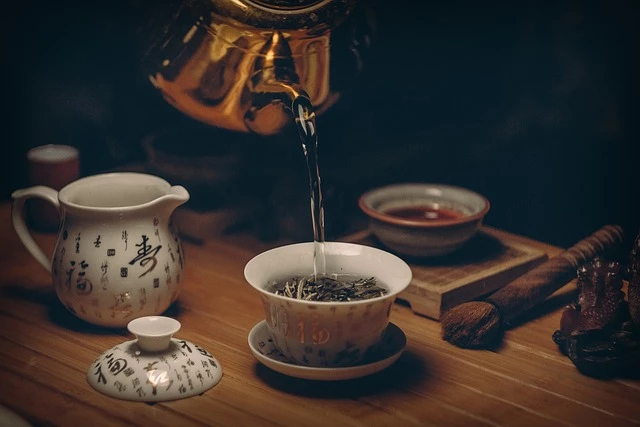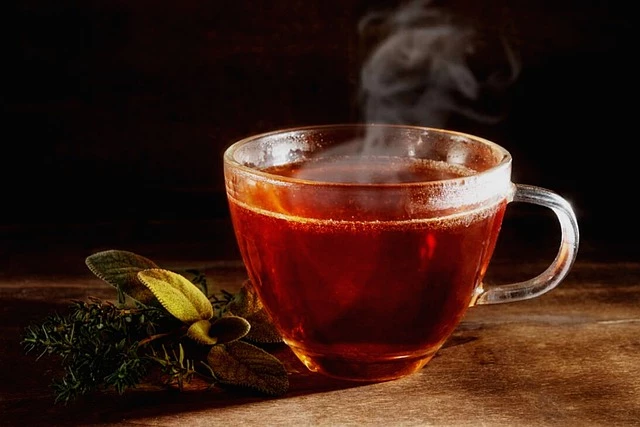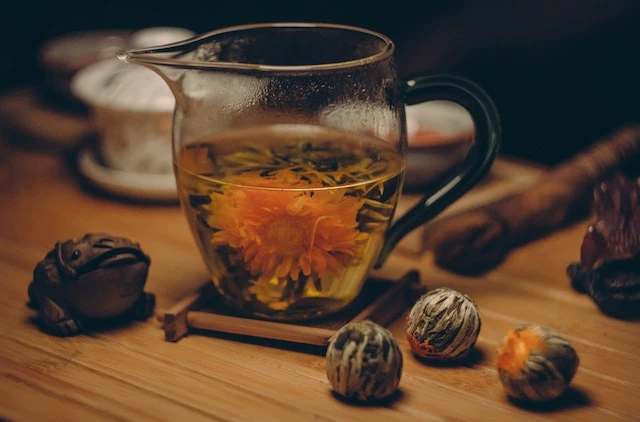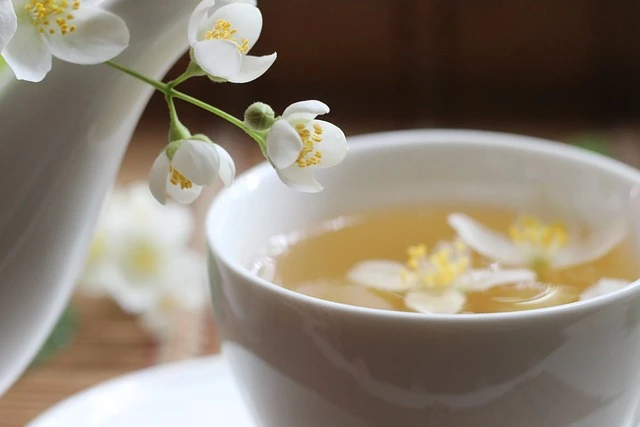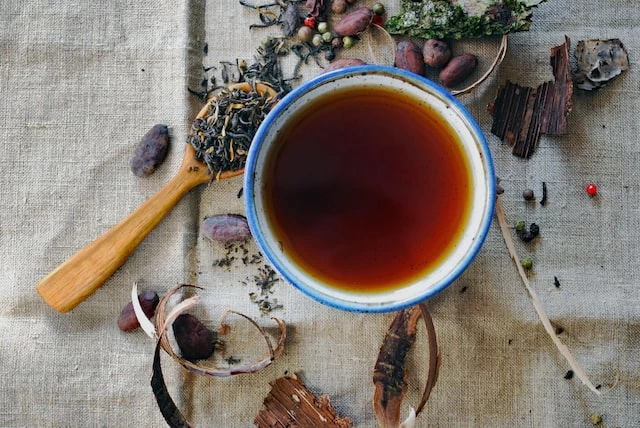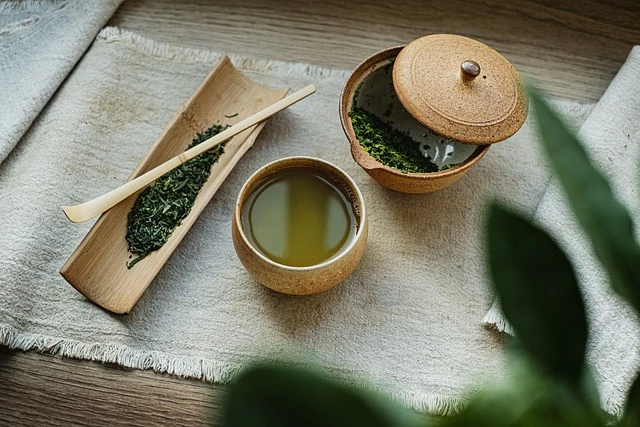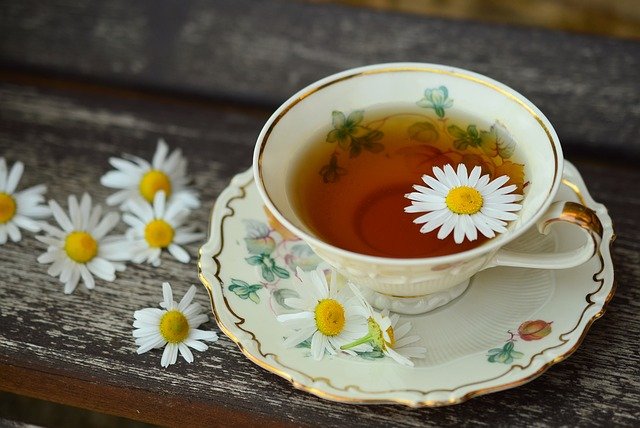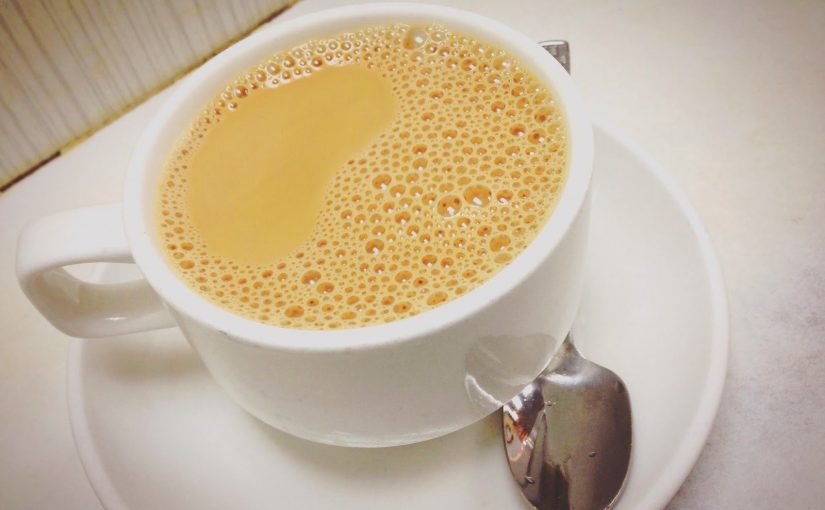Does Herbal Tea Have Caffeine?
Jan 13 2023 Tea Caffeine Content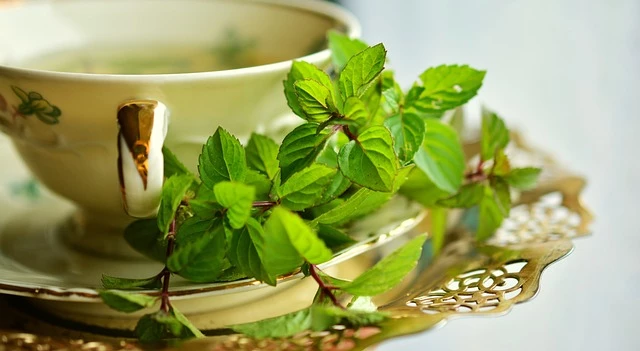
Herbal tea is a popular beverage made from the infusion or decoction of herbs, spices, or other plant material in hot water. While many people assume that herbal tea is caffeine-free, this is not always the case. Some herbal teas, do contain caffeine. It is important to be aware of this when consuming herbal tea, especially for those who are sensitive to caffeine or are trying to avoid it.
What is Herbal Tea?
Herbal tea, also known as tisane or herbal infusion, is a beverage made by steeping various parts of plants, such as leaves, flowers, seeds, roots, or bark, in hot water. Unlike traditional tea, which is made from the leaves of the Camellia sinensis plant, herbal tea does not contain caffeine. Herbal teas can be made from a wide variety of plants, and each type of herbal tea has its own unique flavor and health benefits. Some common herbs and plants used to make herbal tea include chamomile, mint, lemon balm, rooibos, and ginger. Herbal teas can be enjoyed hot or cold and can be consumed for their taste, aroma, and medicinal properties.
Herbal teas can have an assortment of well-being benefits, such as diminishing push and advancing unwinding, easing indications of cold and flu, moving forward absorption, and giving cancer prevention agents. Be that as it may, it’s worth noticing that not all herbal teas are secure for everybody, and a few herbs can have intuitive with certain solutions. It’s critical allude to”>to allude to with healthcare proficient sometime recently expending any herbal teas, particularly in the event that you’re pregnant, breastfeeding, or have a therapeutic condition.
Herbal teas have gotten to be progressively prevalent around the globe due to their scrumptious taste and potential well-being benefits. A few people indeed utilize herbal teas for therapeutic purposes, counting helping with rest, making strides in absorption, or diminishing cold and flu indications. Learn more about herbal tea here.
How Much Caffeine is in Herbal Tea?
So, no herbal tea doesn’t contain caffeine however, some herbal teas may contain small amounts of caffeine naturally or may have been blended with other plants that contain caffeine.
For example, a few herbal teas that are mixed with yerba mate or guarana, which are characteristic sources of caffeine, may contain little sums of caffeine. Moreover, a few teas that are labeled as “herbal” may really contain little sums of conventional tea clears out and so have a few caffeine substances.
It is imperative to check the label of the herbal tea you’re acquiring or allude to”>to allude to with the producer on the off chance that you have got any concerns approximately the caffeine substance. By and large, most herbal teas don’t contain caffeine and can be delighted in by individuals who are delicate to it.
What are the Benefits of Caffeine in Herbal Tea?
If the herbal tea you are drinking does contain caffeine, the benefits you can expect to see are similar to those of traditional tea or coffee, such as:
- Increased alertness and energy
- Improved mental focus and concentration
- Enhanced physical performance
- Increased metabolism
- Increased fat burning
- Improved mood
Which Type of Herbal Tea has the Most Caffeine?
Here are some types of herbal teas that may contain caffeine and the approximate caffeine levels they contain:
Yerba Mate
This traditional South American beverage is made from the leaves of the Ilex paraguariensis plant and can contain between 24-40mg of caffeine per 8 oz cup.
Guarana
This herb is native to the Amazon region and its seeds contain caffeine. Guarana is often added to energy drinks, supplements, and teas and it can contain around 40-80mg of caffeine per 8 oz cup.
Kola Nut
This nut comes from the kola tree and is native to Africa, it can contain up to 2% caffeine, which is about the same amount as in coffee beans.
Guayusa
This is another traditional South American beverage made from the leaves of the holly tree, it can contain up to 60 mg of caffeine per 8 oz cup.
Cocoa Husk
The cocoa husk is the outer layer of the cocoa bean, it contains caffeine and theobromine, it can contain up to 12mg of caffeine per 8 oz cup.
What is the Difference Between Herbal Tea and Decaf Tea?
The main difference between herbal tea and decaffeinated tea is the type of plant utilized to form the tea and the strategy utilized to evacuate caffeine.
Herbal tea is made from different parts of plants other than the Camellia sinensis plant, which is utilized to create conventional tea and contains caffeine. Herbal teas are actually caffeine-free and can be made from a wide assortment of plants, such as chamomile, mint, and lemon emollient.
Decaffeinated tea, on the other hand, is made from the takes off of the Camellia sinensis plant, which normally contains caffeine. The caffeine is expelled from the takes off employing a handle known as decaffeination, which can be done utilizing chemicals or characteristic strategies such as water or carbon dioxide. Decaffeinated tea still contains little sums of caffeine, more often than not around 2-5mg per 8 oz glass.
Another difference is that herbal tea is often consumed for its taste and health benefits, while decaffeinated tea is consumed by people who want to avoid caffeine but still want to enjoy the taste of traditional tea.
The Final Thoughts
In conclusion, herbal teas are a caffeine-free alternative to traditional teas, as they are made from the leaves, flowers, seeds, or roots of non-tea plants. This means that those looking to avoid caffeine or limit their intake can safely consume herbal teas without the stimulating effects of caffeine.
Also, read our other articles about caffeine content!
Does Tea Have Caffeine?
Does Black Tea Have Caffeine?
Does Green Tea Have Caffeine?
Does White Tea Have Caffeine?
Does Rooibos Tea Have Caffeine?
Does Oolong Tea Have Caffeine?
Does Pu erh Tea Have Caffeine?
Does Sweet Tea Have Caffeine?
Does Iced Tea Have Caffeine?
Does Yerba Tea Have Caffeine?
Caffeine in Tea vs Coffee
